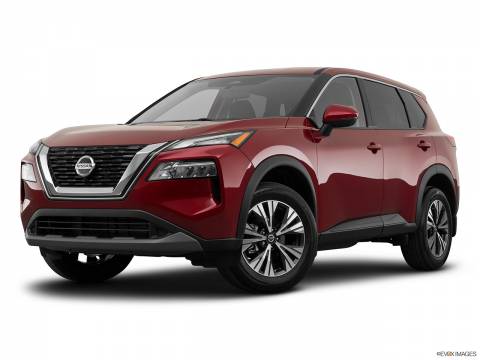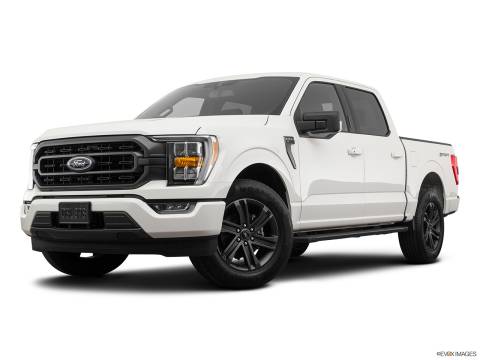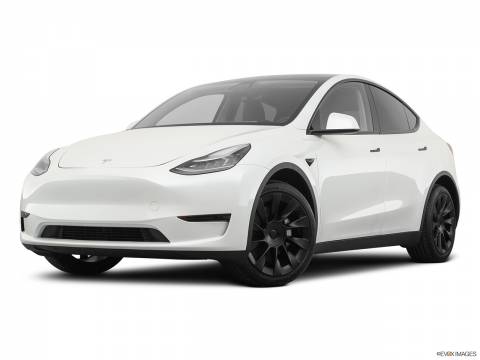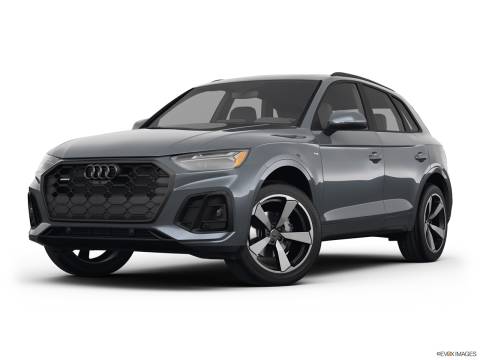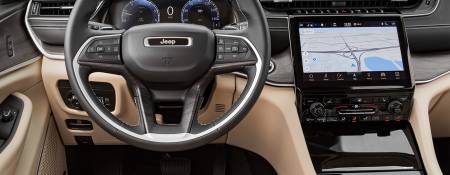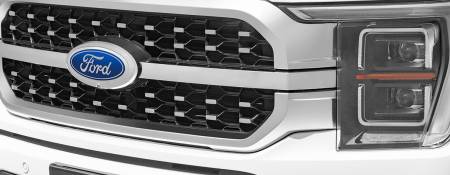Like every single thing around us, "a specific thing" represents a different and "specific value" to different persons. Understanding this is crucial for decision-making purposes, including the one of actually closing a car deal. Have you ever thought about why "Car dealers" are not known as "Car Sellers"? The difference relies on the fact that acquiring a vehicle is the result of a negotiation and an agreement (or deal) between the two parts, and this negotiation will be ultimately defined by the actual value of the deal for each side.
"Car Price" is defined by the Manufacturer
And I'll be talking only about new cars today. The MSRP or "Manufacturer Suggested Retail Price" is a term very popular in the automotive industry and well known by consumers. But thing is that everything as an MSRP. Clothing, services, home products, electronics... everything.
A Car MSRP is the price the manufacturer defines for a specific region (a province in the case of Canada), and this is the starting point for the dealer. It is usually set by submodel Nissan Rogue S, SL, SV... so, as soon as you land at the dealership, that will be the initial price you should expect to receive.
Manufacturer Incentives affect the "Car Price."
Coincidently, we are on "Black Friday" weekend, but along the year, there are many moments where the manufacturer is willing to "put money" to facilitate the vehicle sale. Just to mention a few examples:
- Christmas Sale: When people receive incentives at work, it is an excellent opportunity for manufacturers to attract new customers to acquire the vehicles.
- Black Friday: A very popular weekend in North America of discounts, price reductions, and giveaways.
- New Models Comming Out: When new 2018 models come out, the parking space is needed for these, so 2017 models receive an incentive to increase the clearance.
- Market Penetration: When all-new models are released, price incentives help a lot for pushing these forward, but at the same time, Manufacturers want the market to clearly understand the "standard" price will be one, and the incentive is applied on top of it.
- Low Sale's Periods: Of course, when sales are low, production can't stop and cars need to leave the parking lots.
- There are many more: And these vary among brands: you have a trade-in from the same brand, student programs, newcomers to Canada...
Be up to date with these. Although Incentives help a lot, I suggest you take a look at my article 7 Tips for getting a Good Deal on your New Car.
"Car Value" is defined by the Driver
So, if you have an expected amount of 25,000 to spend, during the next six years for acquiring/owning/leasing a vehicle, then it doesn't mean that all vehicles that "cost" will actually represent that value for you. The actual vehicle value will be defined by your needs.
For example, the value that may represent for me having a Dodge RAM where I live, on the residential island of Montreal, is really subjective. I will just mention the negative things that would result from the fact of getting one:
- Parking on the street is hard, due to space limitations.
- +20cm snowfalls are rare, although the city gets cleaned pretty fast when these occur.
- I don't need a vehicle for moving big things around (for work, I mean)
So, the actual value that would represent for me getting either a new or a used one, isn't as worth with other options like a Small/Mid-Size SUV.
Let's say that I have the alternative of going by a Toyota RAV4. For sure that would represent me a better value as I would still be capable of:
- It will fit in regular parking spaces.
- I can deal with regular snowfalls.
- Most of my stuff will fit in the back.
But, on the other hand, if you have a plumbing company, a RAV4 won't be a good fit for moving all your tools around and being ready for an eventuality far away. Everything depends on your needs.
That's my suggestion: Even if you know how much something will cost, ensure it will represent that amount of value back to you. I've seen during years how multiple people are unhappy with a purchase, a long-term contract or a commercial decision.
Evaluate Value flexibles approaches like leasing a car instead of completely acquiring or owning it.


















